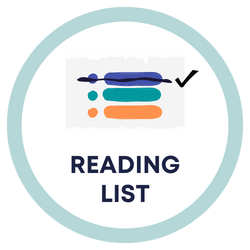A bit about Study SkillsThe University Transkills portal (click on the link to the right) gives access to lots of useful resources for study skills and and the CUSU website also has many useful links. |
Learning and UnderstandingHere are some rather informal hints and comments that may be helpful. Remember that Director of Studies and supervisors are always happy to help. Do I need to know this? Students often ask, ‘do I need to know this?’ Lectures and practicals shouldn't be seen as a list of items that have to be ‘learnt’ in the sense of memorised in totality. Often lecturers will include topical examples of general principles, or mention a recent discovery that’s just been published – and these things aren't always included to be ‘learnt’, but to excite and enthuse their audience. The key thing is to concentrate on ‘understanding’; on building a mental framework that facts can be tied to. That will give insight into what needs to be known well, as part of the vocabulary of the subject – whatever it may be. After a while, other ‘facts’ will stick to the framework without conscious effort to ‘learn’ them. Lots of stuff will be useful in many contexts. It’s much easier if new material can be related to a framework of understanding - to tie information and understanding together. Horizons: As a second year course, BMB leads to a variety of options in the third year (Part II). While it's not necessary at the beginning of BMB to know what you might like to do in the third year, or beyond, it's worth considering your options as you go through the course. As you go through your second year, you’ll become more intellectually self-reliant and an image of what sort of career you want will gradually come into sharper focus. |
Transferable SkillsUndertaking the BMB course involves engagement in a variety of teaching sessions. In the process of building a framework to hang biochemical facts and information on, there are many other sorts of 'transferable skills' that will be absorbed along the way. These skills comprise an essential part of your individual development as you prepare for Part II and beyond.
|
Assessments
NST Part IB Biochemistry & Molecular Biology Examinations are sat in the Easter Term and consists of two papers, each of three hours’ duration. Each paper carries equal marks. The broad structure of the papers is as follows:
|
Reading for Part IB BMB
More detailed information about the Reading list can be found by clicking on the image to the right. |



